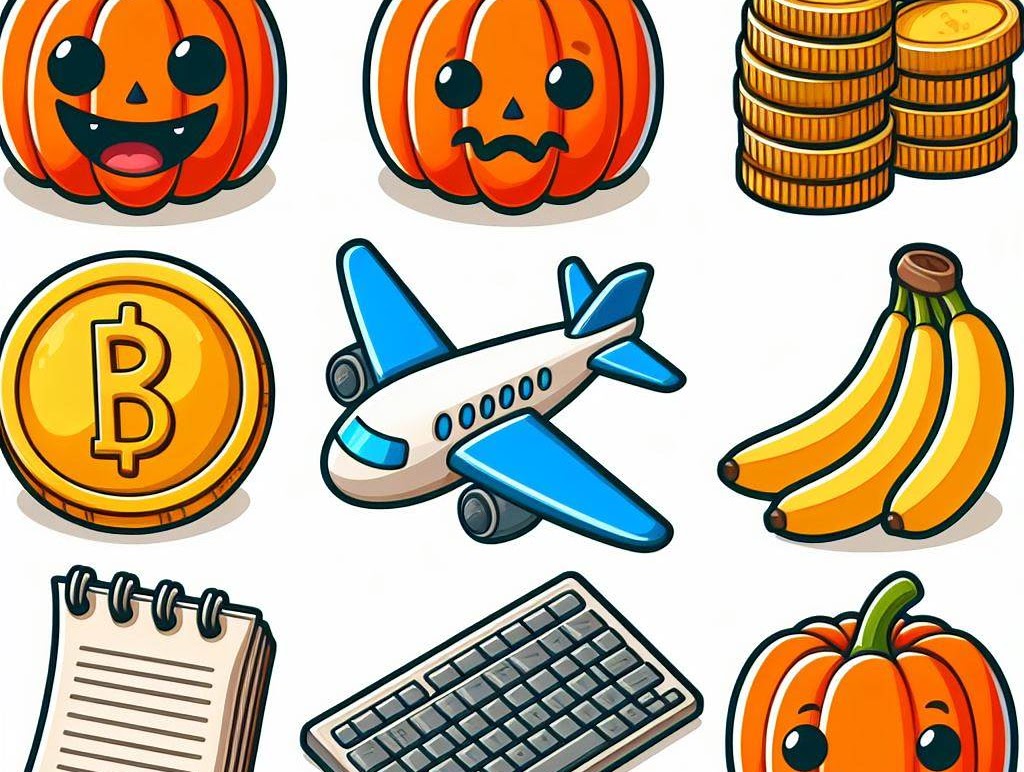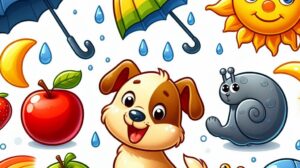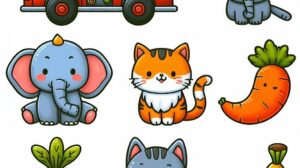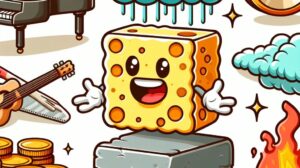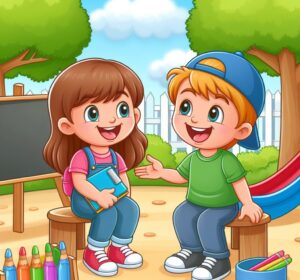Unlocking Young Minds
Riddles, those delightful puzzles wrapped in mystery, have been captivating young minds for generations. Beyond the joy they bring, riddles play a crucial role in shaping a child’s cognitive development. In this blog post, let’s delve into why riddles are more than just playful words – they are powerful tools for enhancing a child’s thought process.
**1. Critical Thinking Skills:
Riddles are a clever disguise for critical thinking exercises. As children attempt to solve a riddle, they engage in logical reasoning, pattern recognition, and problem-solving. These mental gymnastics help sharpen their minds, fostering a habit of thinking beyond the surface.
**2. Creativity Unleashed:
The whimsical nature of riddles encourages creative thinking. Kids are prompted to explore various perspectives and consider imaginative solutions. This process sparks creativity, allowing them to think outside the box and embrace unconventional ideas.
**3. Language Development:
Riddles are a linguistic playground. They expose children to a diverse range of vocabulary, wordplay, and linguistic nuances. By deciphering riddles, kids enhance their language skills, from understanding puns to expanding their vocabulary in an engaging and enjoyable manner.
**4. Confidence Boosters:
Successfully solving a riddle is a confidence booster for kids. It instills a sense of accomplishment and encourages them to tackle more challenges. This newfound confidence extends beyond riddles, influencing their approach to various problems in other aspects of life.
**5. Social Interaction:
Riddles are often shared in a social setting, fostering communication and collaboration. Whether exchanged with friends, family, or classmates, solving riddles becomes a shared experience. This social interaction enhances teamwork, communication skills, and the joy of learning together.
**6. Patience and Perseverance:
Some riddles are tricky, requiring time and perseverance to crack. Through these challenges, kids learn the value of patience and persistence. They understand that not every problem has an immediate solution, and the journey itself is an integral part of the learning process.
**7. Educational Entertainment:
Learning is most effective when it’s enjoyable. Riddles provide a perfect blend of education and entertainment. Kids are unknowingly absorbing knowledge and honing skills while having fun, making the learning experience more memorable and impactful.
**8. Cultural and Historical Insights:
Riddles often carry cultural and historical references, offering a gateway to broader knowledge. As children explore riddles, they may encounter stories, traditions, and symbols from different cultures, providing a rich tapestry of insights into the world around them.
In Conclusion:
Riddles are not merely words strung together in a playful manner. They are gateways to a world of cognitive development, creativity, language enrichment, and social interaction. Encouraging children to engage with riddles is like handing them keys to unlock the vast potential of their minds. So, the next time you share a riddle with a child, remember, you’re not just having fun – you’re fostering a foundation for a lifetime of learning.
